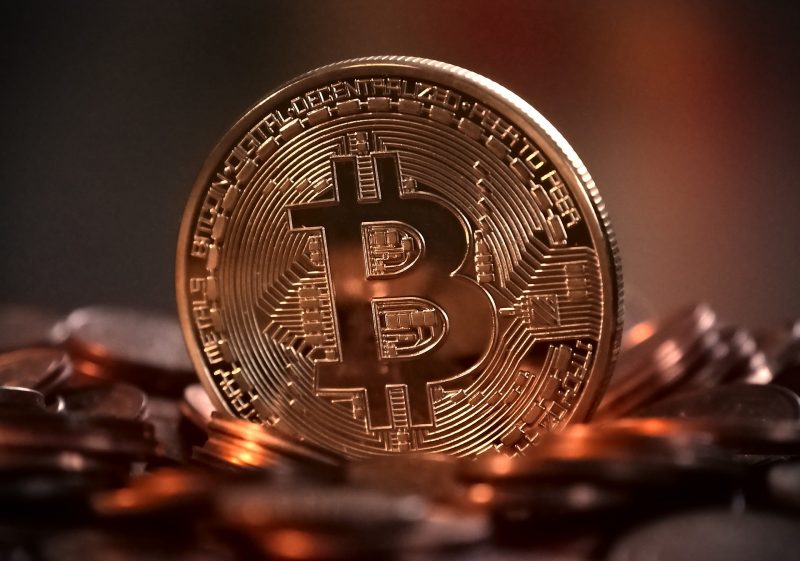Popular Posts
It has been hard to miss headlines about Bitcoin, an electronic form of money that has zoomed in value in recent months.
The widely misunderstood alternative currency is not a coin at all (the pictures you see on the Internet are more props than currency). Rather, it’s a digital set of accounts.
People can use credits on the ledger to buy things, of course, but they also use the coins to speculate. That’s why Bitcoin and its hundreds of digital currency peers are in the news.
Digital currencies are an alternative form of accounting, what’s known as the “block chain,” and as such are actually very interesting.

These electronic ledger accounts operate outside of banks, outside of government, and outside of any accountability other than whatever controls are built into their own systems.
That means block-chain tech is very good at keeping accounts straight. It also means they’re hackable and prone to fraud and theft.
One bit Bitcoin exchange, Mt. Gox, collapsed after a hack a few years ago; there’s no reason to believe current exchanges are any more secure.
Should you own Bitcoin? Let’s ask that question another way. Should you own gold, silver, or pork belly futures?
The reason anyone invests in alternative asset classes such as metals and futures is to counterbalance the traditional assets in a portfolio — stocks and bonds.
Everyday investors began to buy and hold precious metals and commodities only recently, thanks to changes in how markets operate electronically. Better, more clear record-keeping meant these assets became less costly to own.
In time, portfolio managers began to seek out alternative asset classes as a way to increase volatility and, over time, improve returns.
Broadly speaking, the more an investment goes up and down in price, the more opportunities one has to capture gains by rebalancing.
Many investors with large portfolio balances began to take on small investments in alternatives in order to get that slight advantage — assuming trading costs and risk were contained.
For now, so-called cryptocurrencies are a Wild West of investment ideas. Some early adopters might get rich; others will be ruined.
Nevertheless, Wall Street is moving toward a more formal way of dealing with digital coins in a bid to harness public interest and popularize a new, perhaps useful, asset class.
It seems unlikely now, but Bitcoin or its successors — most probably a mutual fund that buys and sells them for you — could become a new part of a long-term investment plan.
Until then, however, expect some crazy stories, an eventual hacking event and, very likely, even more stories in the news of fortunes made and lost among the speculators.
MarketRiders, Inc. is a registered investment adviser. Information presented is for educational purposes only and does not intend to make an offer or solicitation for the sale or purchase of any specific securities, investments, or investment strategies. Investments involve risk and, unless otherwise stated, are not guaranteed. Be sure to first consult with a qualified financial adviser and/or tax professional before implementing any strategy discussed herein. Past performance is not indicative of future performance.